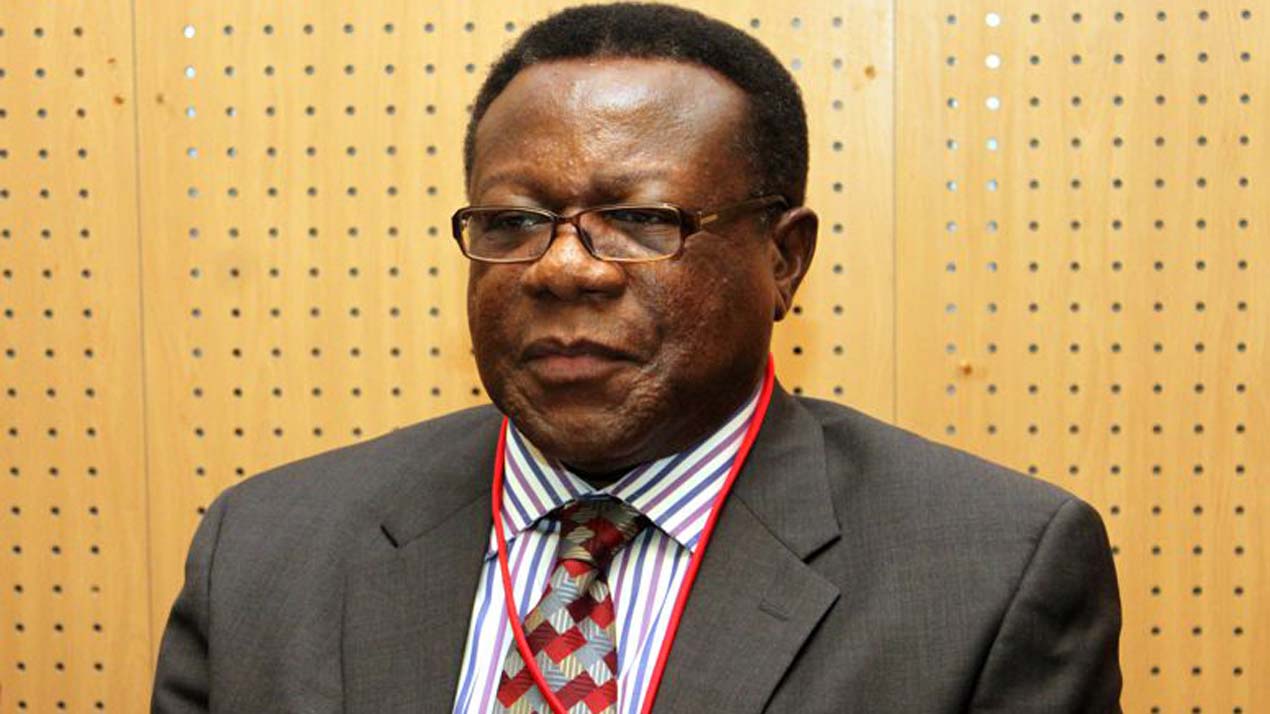
To boost industrialisation in Nigeria and other African countries, the Executive Secretary of the African Capacity Building Foundation (ACBF), Prof. Emmanuel Nnadozie, has identified the need to build the right strategy and policy mix for massive industrialization, as well as making critical commitments to unleash industrial capacity especially by developing energy and transport infrastructure.
Furthermore, he identified the creation of an enabling environment to attract investors; mobilizing internal and external support anchored on Africa’s self-belief on its ability to industrialize; taking action to make things happen, by “walking the walk and not just talking the talk”; and showing visionary and transformative leadership at all levels.
Speaking at the 3rd session of the African Union’s (AU) Specialized Technical Committee (STC) on Finance, Monetary Affairs, Economic Planning and Integration, in the Cameroonian capital, Yaounde, recently, the participants argued that concept of productive transformation points basically to diversifying economies towards high value-added sectors.
There is no alternative to the equation of “developing an African industrial fabric, capable of boosting our production and processing capacity, and reducing our dependence on other continents”, argued the Prime Minister and Head of Government of the Republic of Cameroon, Dr. Joseph Dion Ngute – an observation that reflects ECA’s current thinking on the structural transformation and diversification of African economies.
Discussions on the session, which will feed the next African Union Heads of State Summit, focused on the theme: “Public Policies and Productive Transformation.”
He said the concept of productive transformation points basically to diversifying economies towards high value-added sectors.
This brings to light the indispensable role of the secondary sector as the great basis for employment, which should contribute more than ever before to inclusive economic growth in Africa, as posited by Cameroon’s Minister of Finance Louis Paul Motaze, who hosted participants of the session.
In essence, “the starting point for productive transformation is economic diversification, beyond traditional farming and primary commodities, to include agro-processing, high value services for the digital economy and manufacturing,” argued Dr. K.Y. Amoako – former Executive Secretary of ECA who is now President of the African Center for Economic Transformation (ACET).
This, he said, would lead to “growth with depth,” which also requires engaging in competitive exports and leveraging technology.
“My take from this meeting is that there is need for better coordination among our African institutions to the extent that we would have common and coherent narratives on Africa’s development challenges and what needs to be done to address these challenges as well as concerted action to support the continent deliver the “Africa we want”, mooted Adam Elhiraika – Director of the Macroeconomic Policy Division at ECA.
One of such needed actions is to boost human capital development and establish credible institutions in the investment and business ecosystem in Africa.
“There is absolute need for an African credit rating agency – with a granular understanding of the reality of individual countries and Africa as whole which would then ensure a more accurate assessment of risks, challenges and opportunities thus resulting in credit ratings that reflect the realities on the ground,” he said.



